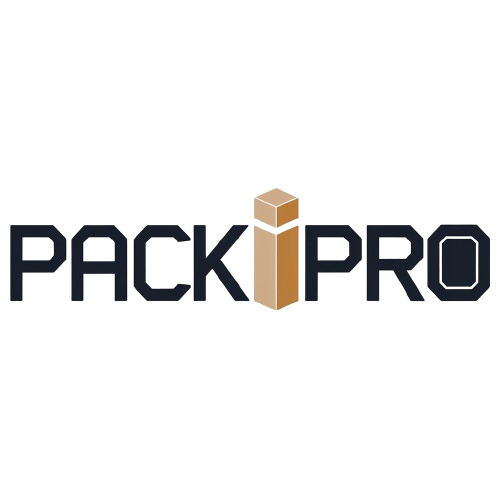“Minimalist Packaging Design: The Benefits of ‘Less is More’”
Table of Contents
ToggleIntroduction:
- Overview: Introduce the concept of minimalist packaging design and its growing popularity in the industry. Explain how the principle of “less is more” is shaping modern packaging trends.
- Purpose: Outline the blog’s goal of exploring the benefits of minimalist packaging design and how it can positively impact both brands and consumers.
What is Minimalist Packaging Design?
- Definition: Define minimalist packaging design as a style that emphasizes simplicity, clean lines, and the use of minimal elements.
- Principles of Minimalism: Describe the core principles of minimalist design, including functionality, efficiency, and the elimination of non-essential elements.
- It focuses on removing unnecessary elements and reducing design to its basic aspects. Simplicity creates a sense of visual harmony. By embracing the “less is more” principle, it creates a memorable unboxing experience that resonates with modern consumers who value both aesthetics and sustainability.
Benefits of Minimalist Packaging Design
- 1. Enhanced Brand Perception:
- Aesthetic Appeal: Discuss how minimalist design often conveys a sense of sophistication and modernity, helping brands stand out in a crowded market.
- Brand Identity: Explain how a minimalist approach can strengthen brand identity by focusing on core values and creating a cohesive brand image.
- 2. Improved Functionality:
- Ease of Use: Highlight how minimalist designs often prioritize user experience, with features like easy-open closures and intuitive handling.
- Reduced Waste: Discuss how minimal packaging can lead to less material usage and waste, aligning with sustainability goals and reducing environmental impact.
- 3. Cost Efficiency:
- Lower Production Costs: Explore how minimalist designs can reduce production costs by using fewer materials and simplifying manufacturing processes.
- Efficient Shipping: Explain how compact and lightweight packaging can lower shipping costs and reduce storage space requirements.
- 4. Clear Communication:
- Focus on Essentials: Discuss how minimalist packaging emphasizes key product information and branding elements, making it easier for consumers to understand and engage with the product.
- Reduced Clutter: Highlight how a clean design reduces visual clutter, improving readability and consumer attention.
Examples of Successful Minimalist Packaging
- Example 1: High-End Consumer Products: Describe a luxury brand that uses minimalist packaging to enhance its premium image, focusing on sleek design and high-quality materials.
- Example 2: Eco-Friendly Brands: Highlight a company that uses minimalist packaging to align with its sustainability mission, showcasing how reduced packaging contributes to environmental goals.
- Example 3: Tech Products: Explore how tech companies use minimalist packaging to reflect the modern and innovative nature of their products, emphasizing clean lines and simplicity.
Design Tips for Implementing Minimalist Packaging
- 1. Focus on Functionality: Ensure that the design enhances usability and product protection while keeping the aesthetics simple.
- 2. Choose Quality Materials: Select materials that offer durability and visual appeal without unnecessary complexity.
- 3. Prioritize Key Information: Clearly present essential product information and branding elements in a straightforward manner.
- 4. Embrace White Space: Use white space effectively to create a clean and uncluttered design that highlights the product and brand.
Challenges and Considerations
- 1. Balancing Simplicity with Brand Identity: Discuss the challenge of maintaining brand identity while embracing a minimalist approach.
- 2. Meeting Regulatory Requirements: Address the need to include all necessary product information and compliance details within a minimalist design.
- 3. Consumer Perception: Consider how some consumers may perceive minimalist packaging as less protective or less informative and strategies to address these concerns.



